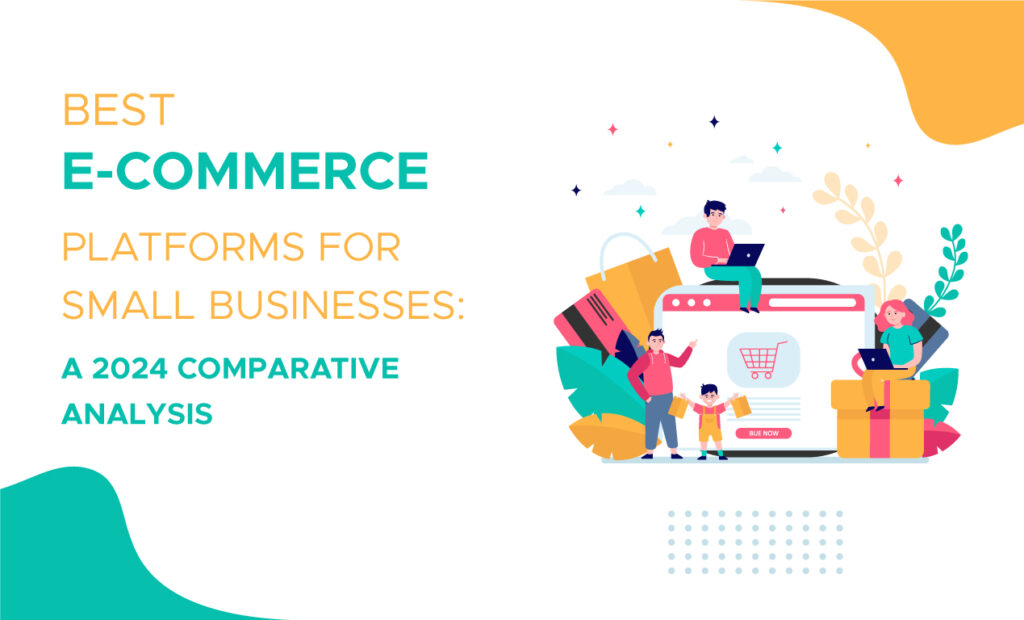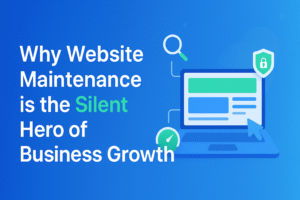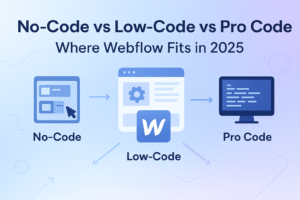Introduction of Best E-Commerce Platforms 2024:
In 2023, e-commerce platforms remain crucial for businesses, facilitating global market reach and providing unparalleled convenience for customers. These platforms adapt to emerging trends, offering businesses the tools to navigate a dynamic digital landscape. With the increasing shift towards online shopping, e-commerce platforms serve as indispensable tools for establishing and expanding businesses in a rapidly evolving market.
Contains the blog:
– The Top 5 Best E-Commerce Platforms 2024 like
- Shopify
- WooCommerce
- Magento
- BigCommerce
- Wix
– E-Commerce Platform Comparison Table
– Conclusions
The Top 5 Best E-Commerce Platforms 2024:
1. Shopify:
Shopify is an e-commerce platform that is flexible and easy to use, suitable for companies of all kinds. Known for its extensive app ecosystem, seamless scalability, and secure payment gateways, Shopify is a popular choice for both beginners and established enterprises.

Quick Facts: Founded in 2006, Powers over 1.7 million businesses worldwide, Provides a range of customizable themes, and a large app store.
How much does Shopify Cost?
– Basic Shopify: $29/month
– Shopify: $79/month
– Advanced Shopify: $299/month
– Additional transaction fees for using external payment gateways.
Shopify continues to be a powerhouse, offering an accessible entry point for businesses of all sizes. Its intuitive interface, extensive app ecosystem, and secure scalability make it an excellent choice for entrepreneurs seeking a reliable and user-friendly platform. The pricing structure, though slightly higher, reflects the comprehensive features and support available.
2. WooCommerce:
As a WordPress plugin, WooCommerce offers a powerful combination of content management and e-commerce functionality. While it requires some familiarity with WordPress, WooCommerce provides unparalleled customization options for those seeking flexibility.

Quick Facts: First released in 2011, Empowers over 5 million active installations and offers a vast library of plugins and extensions.
How much does WooCommerce Cost?
– WooCommerce plugin: Free
– Additional costs for premium themes and extensions.
Ideal for businesses deeply integrated with WordPress, WooCommerce provides unparalleled customization capabilities. While it may require a bit more technical know-how, its open-source nature and massive community support make it a potent tool for businesses wanting complete control over their online presence.
3. Magento:
Acquired by Adobe, Magento is a robust e-commerce platform tailored for larger enterprises with complex needs. Renowned for its scalability and extensive customization options, Magento is a go-to choice for businesses seeking advanced features.

Quick Facts: Launched in 2008, Trusted by major brands and enterprises, it is available in both open-source and enterprise editions.
How much does Magento Cost?
– Magento Open Source: Free
– Magento Commerce: Custom pricing based on business needs.
For enterprises with complex needs, Magento stands as a robust solution. Its scalability, rich feature set, and high level of customization make it well-suited for large-scale operations. However, the learning curve and potentially higher costs may pose challenges for smaller businesses or those with limited technical expertise.
4. BigCommerce:
BigCommerce is a performance-focused, hosted e-commerce solution designed to cater to businesses of all sizes. With built-in features like multi-channel selling, it offers a comprehensive solution for those seeking a powerful yet user-friendly platform.

Quick Facts: Founded in 2009, Powers over 95,000 online stores, Integrates with various third-party applications.
How much does BigCommerce Cost?
– Standard: $29.95/month
– Plus: $79.95/month
– Pro: $299.95/month
– Custom pricing for Enterprise.
BigCommerce positions itself as a performance-oriented solution with built-in tools for SEO and multi-channel selling. Its focus on scalability makes it a compelling choice for growing businesses. With pricing tiers catering to various needs, it strikes a balance between features and affordability.
5. Wix:

Wix is a user-friendly website builder with e-commerce capabilities, making it an excellent choice for small to medium-sized businesses. With its drag-and-drop interface, Wix simplifies the website creation process.
Quick Facts: Founded in 2006, Empowers has over 200 million users in 190 countries and offers a range of templates for various industries.
How much does Wix Cost?
– Business Basic: $23/month
– Business Unlimited: $27/month
– Business VIP: $49/month
– Enterprise: Custom pricing based on business needs.
Wix shines as a user-friendly website builder with integrated e-commerce capabilities. Tailored for small to medium-sized businesses, Wix’s drag-and-drop interface and affordable pricing make it an accessible choice. However, it may not be as feature-rich or scalable as some of its counterparts.
Comparative Analysis:
Below is a more detailed comparative analysis of Best E-Commerce Platforms 2024 in tabular format:
| Aspect | Shopify | WooCommerce | Magento | BigCommerce | Wix |
| Ease of Use | User-friendly interface, quick setup. | Requires familiarity with WordPress has a learning curve. | Steeper learning curve; may be challenging for beginners. | Intuitive, designed for user experience. | Extremely user-friendly with a drag-and-drop interface. |
| Customization | Extensive theme options and a large app ecosystem. | Unparalleled customization but may require coding knowledge. | Highly customizable, suitable for complex requirements. | Flexible with built-in features for customization. | Limited compared to others, more suitable for smaller businesses. |
| Scalability | Seamless scalability for businesses of all sizes. | Scales well but may require additional resources for larger stores. | Ideal for large enterprises with complex needs. | Designed for scalability, it is suitable for growing businesses. | Suitable for small to medium-sized businesses. |
| Cost | Monthly subscription fees, additional app costs. | Open-source, free plugin, but may incur costs for extensions. | Open-source (Community) version is free; Enterprise version has costs. | Monthly subscription fees, pricing tiers based on revenue. | Monthly subscription fees, additional costs for advanced features. |
| Performance | Reliable performance with fast load times. | Performance depends on hosting; may need optimization. | Robust performance but may require dedicated hosting. | Performance-focused with built-in features. | Good performance for smaller websites; may face limitations for larger stores. |
| Security | Secure, with automatic updates and SSL certificate. | Security depends on hosting and WordPress updates. | Strong security features but requires active management. | Secure with built-in features; PCI DSS compliant. | Security features are provided, but may not be as robust as others. |
| Support & Community | A big community, copious documentation, and 24/7 customer support. | Community support, forums, and documentation available. | Community support, forums, and extensive documentation. | 24/7 customer support, documentation, and an active community. | Customer support and forums available, but not as extensive. |
| Popularity | Widely popular; large user base and community. | Popular, especially among WordPress users. | Commonly used for large enterprises; substantial user base. | Popular choice with a growing user base. | Popular for small to medium-sized businesses. |
Conclusion:
Choosing the right Best E-Commerce Platforms 2024 depends on your business’s unique needs and goals. While Shopify remains a versatile and popular choice, alternatives like WooCommerce, Magento, BigCommerce, and Wix cater to specific niches. Assess your requirements, weigh the pros and cons, and make an informed decision to propel your online business to success in 2024.











